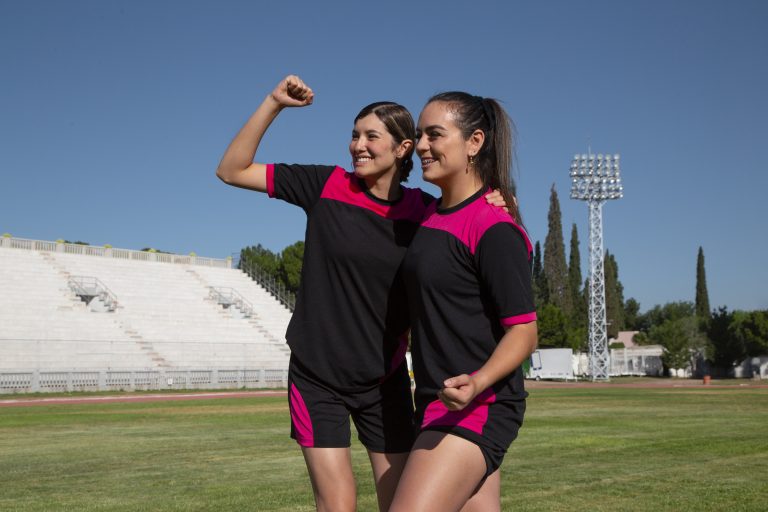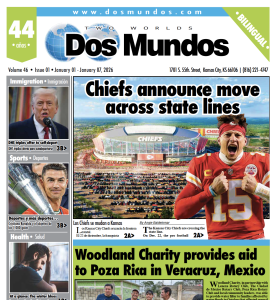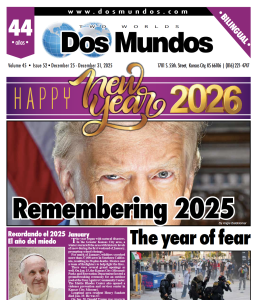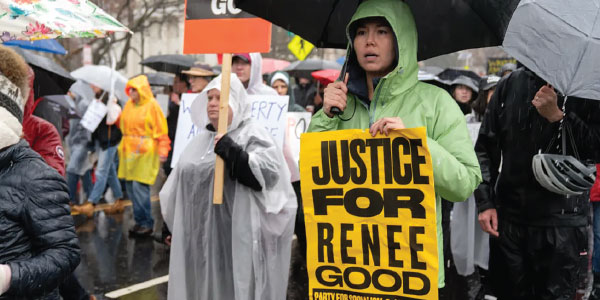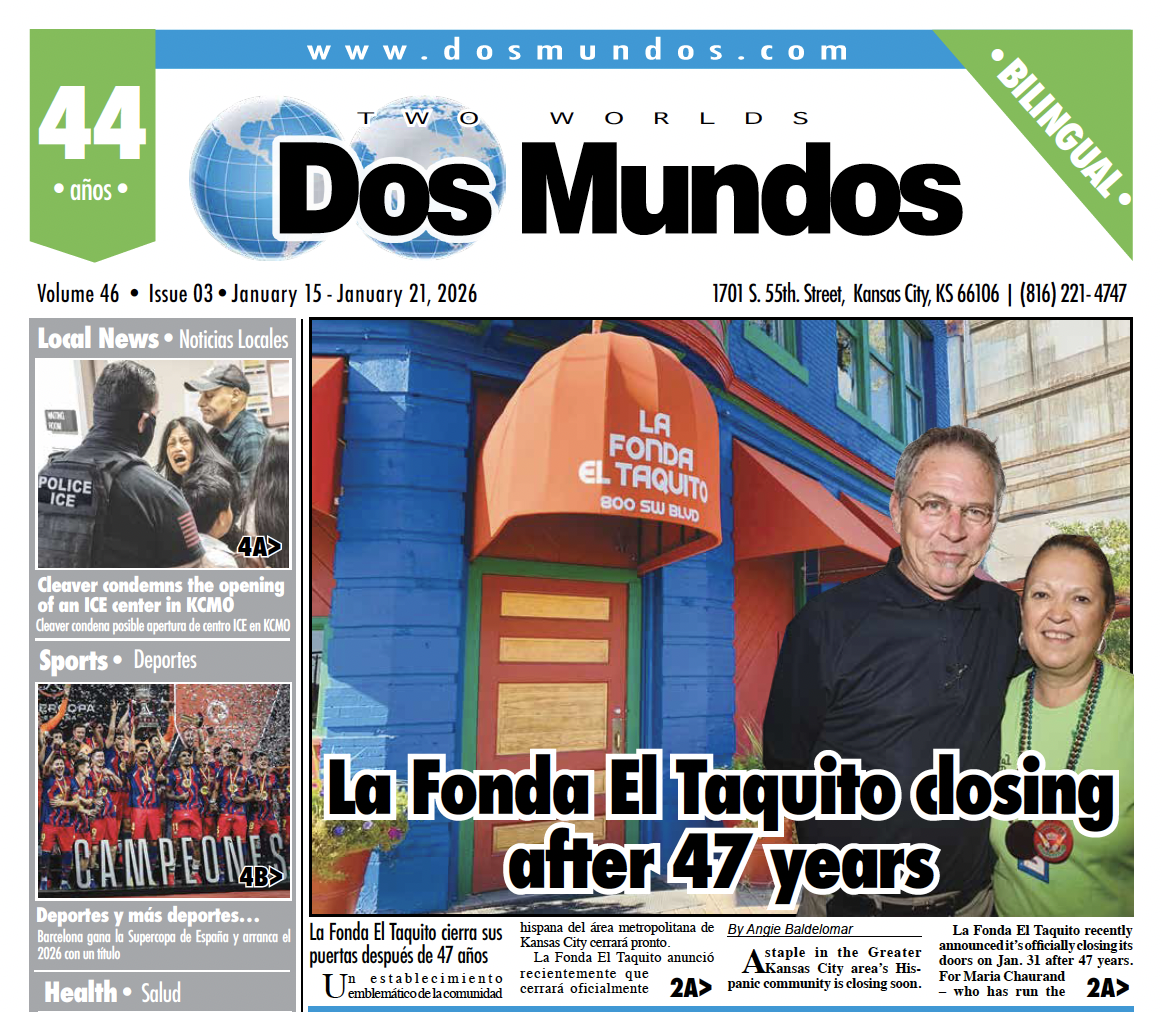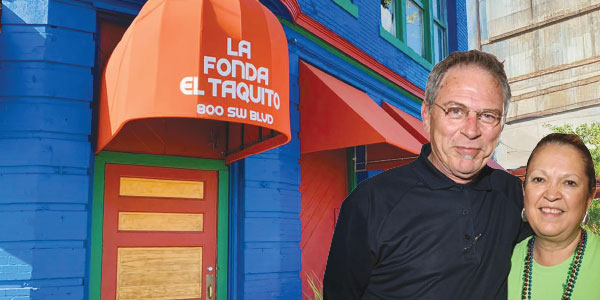Kansas City is home to a vibrant sports culture, from professional teams to grassroots community programs. Among the many athletes shaping this scene, Hispanic athletes are making remarkable contributions. Their stories highlight resilience, cultural pride, and dedication, all while inspiring younger generations to engage in athletics. This article explores how Hispanic athletes are leaving their mark in Kansas City, the programs that support them, and the role of the community in fostering sports excellence.
The Rise of Hispanic Athletes in Kansas City
Kansas City has long embraced diversity in its sports community. Hispanic athletes are stepping into the spotlight, not only in soccer where Hispanic culture traditionally has a strong influence but also in football, baseball, basketball, and other sports. Their presence reflects both growing participation and increasing recognition of Hispanic talent in the region.
Local sports clubs, youth programs, and professional teams have all seen Hispanic players excel, showcasing their skills and commitment on and off the field. The cultural richness that Hispanic athletes bring to Kansas City sports extends beyond the playing field, creating bridges between communities and fostering a more inclusive athletic environment.
Local Sports Teams and Hispanic Talent
Kansas City is proud of its professional sports franchises, and Hispanic athletes have had a visible role across multiple teams:
Soccer (Sporting Kansas City): With soccer’s deep roots in Hispanic culture, it’s no surprise that many Hispanic athletes thrive here. Sporting KC has consistently featured Hispanic players who bring flair, creativity, and leadership to Major League Soccer. Recent standouts like Dejan Joveljić and Daniel Salloi have been selected for MLS Team of the Matchday, showcasing the international talent that enriches the club.
Baseball (Kansas City Royals): Baseball continues to attract Hispanic athletes, particularly from countries like the Dominican Republic, Mexico, and Venezuela. Their contributions enrich the Royals’ lineup and connect fans across cultures, bringing diverse playing styles and passionate fan engagement to Kauffman Stadium.
Football & Basketball: While less highlighted in mainstream media, Hispanic athletes are steadily gaining ground in football and basketball, adding diversity to local high school and college teams. These athletes often serve as trailblazers, opening doors for future generations in sports where Hispanic representation has traditionally been limited.
Athlete Profiles: Stories of Dedication
Highlighting individual athletes helps showcase the powerful role of representation in Kansas City sports. Many Hispanic athletes in the region demonstrate exceptional commitment by:
Serving as role models: These athletes inspire youth to balance education and athletics, showing that academic success and sports excellence can go hand in hand. They frequently visit schools and community centers, sharing their journeys and encouraging young people to pursue their dreams.
Promoting cultural pride: Hispanic athletes bring traditions and community celebrations into the sports arena, creating vibrant game-day experiences that celebrate their heritage. From pre-game ceremonies to community festivals, they help bridge cultural gaps and build stronger connections between diverse fan bases.
Contributing to community service: Many return to their neighborhoods to mentor young athletes and encourage sports participation. Through coaching clinics, equipment donations, and scholarship programs, they give back to the communities that supported their rise to prominence.
These stories not only spotlight personal achievement but also reveal the broader impact on Kansas City’s Hispanic community, creating a ripple effect of inspiration and opportunity.
Community Sports Programs for Hispanic Youth
Youth engagement is vital for the future of sports in Kansas City. The city offers numerous community-driven programs specifically designed to encourage Hispanic youth participation in athletics:
Soccer academies and leagues: These programs provide accessible, affordable, and culturally connected opportunities for young players to develop their skills. Many feature bilingual coaching staff and emphasize both athletic development and cultural pride.
After-school sports programs: These initiatives help students stay active while building essential teamwork skills. They often provide safe spaces for youth after school hours, combining athletics with academic support and mentorship.
Nonprofits and local initiatives: Organizations throughout Kansas City partner with schools to provide resources and reduce barriers for Hispanic families. These partnerships often include equipment loans, transportation assistance, and scholarship opportunities for tournament participation.
Mattie Rhodes Center and similar organizations: Community centers play crucial roles in providing comprehensive sports programming that addresses the unique needs of Hispanic families, offering bilingual support and culturally responsive coaching approaches.
These efforts foster inclusivity and give young athletes clear pathways to competitive sports, regardless of their family’s economic circumstances.
Sports Events and Cultural Impact
Kansas City hosts numerous events throughout the year where Hispanic athletes showcase their talents and celebrate their heritage. These gatherings serve multiple purposes, uniting families, fans, and communities while providing platforms for athletic excellence:
Local tournaments and competitions: From soccer leagues to basketball tournaments, these events create opportunities for Hispanic athletes to compete at various skill levels while maintaining connections to their cultural roots.
Citywide festivals and celebrations: Events that combine sports with cultural celebration, such as Cinco de Mayo soccer tournaments or Hispanic Heritage Month athletic showcases, demonstrate how sports can serve as vehicles for community building and cultural expression.
Charity matches and community service events: Many Hispanic athletes organize or participate in fundraising events that support local causes, using their athletic platforms to address community needs and create positive social impact.
Youth showcases and recruitment events: These gatherings provide young Hispanic athletes with exposure to college scouts and professional opportunities, helping level the playing field for students who might otherwise lack access to such networks.
Challenges Hispanic Athletes Face
While success stories continue to grow throughout Kansas City, Hispanic athletes often encounter obstacles that require community attention and support:
Limited access to advanced training facilities: Many community programs operate with limited resources, making it difficult for talented athletes to access the high-level training necessary for competitive advancement.
Financial barriers: The costs associated with equipment, travel, tournament fees, and specialized coaching can be prohibitive for many Hispanic families, potentially limiting opportunities for promising young athletes.
Balancing academic responsibilities with athletic pursuits: Many Hispanic athletes come from families where education is highly prioritized, requiring careful balance between scholastic achievement and athletic development.
Language and cultural barriers: Navigating predominantly English-speaking athletic environments can present challenges for athletes and families who are more comfortable communicating in Spanish.
Limited representation in leadership roles: While Hispanic athletes are increasingly visible on the field, representation in coaching, management, and administrative positions remains limited, potentially affecting mentorship opportunities and cultural understanding.
Addressing these challenges through targeted scholarships, expanded mentorship programs, and community support initiatives is crucial for ensuring long-term success and equitable opportunities for all Hispanic athletes in Kansas City.
The Future of Hispanic Athletes in Kansas City
The outlook for Hispanic athletes in Kansas City sports is exceptionally bright. With stronger community engagement, greater media coverage through outlets like Dos Mundos, and growing recognition of diverse talent, Hispanic athletes are well-positioned to continue their influential role in shaping the city’s sports culture.
As youth programs expand and professional opportunities increase, several trends point toward continued growth:
Increased scholarship opportunities: More organizations are recognizing the importance of supporting Hispanic student-athletes through dedicated funding and mentorship programs.
Enhanced media coverage: Bilingual sports reporting and community newspapers are providing greater visibility for Hispanic athletes and their achievements.
Professional pathway development: Connections between local youth programs and professional teams are becoming stronger, creating clearer advancement opportunities.
Cultural integration: Kansas City’s sports community is increasingly embracing the cultural richness that Hispanic athletes bring, leading to more inclusive and welcoming environments.
Community investment: Local businesses and organizations are recognizing the value of supporting diverse athletic programs, leading to increased funding and resources for Hispanic youth sports initiatives.
Conclusion
Hispanic athletes are making waves in Kansas City sports, enriching the city’s athletic landscape with talent, dedication, and cultural pride. From professional teams to grassroots programs, their impact is felt across the community. With continued support, the next generation of Hispanic athletes will inspire even greater achievements in Kansas City’s vibrant sports scene.
Frequently Asked Questions (FAQ)
1. Which sports are most popular among Hispanic athletes in Kansas City?
Soccer remains the most popular sport due to its deep cultural roots in Hispanic communities. However, Hispanic athletes also participate actively in baseball, basketball, football, and emerging sports like futsal and volleyball.
2. How do community programs support Hispanic youth in sports?
Local programs offer affordable leagues, bilingual coaching, mentorship opportunities, and resources like equipment loans and transportation assistance. Organizations like Mattie Rhodes Center provide comprehensive support that addresses both athletic and academic needs.
3. Are Hispanic athletes well-represented in Kansas City’s professional teams?
Yes, Hispanic athletes contribute significantly to Sporting Kansas City in MLS and the Kansas City Royals in MLB. Sporting KC regularly features Hispanic players who have earned league recognition, while the Royals have historically welcomed talent from Latin American countries.
4. What challenges do Hispanic athletes face in Kansas City?
Common challenges include financial barriers for equipment and travel, limited access to advanced training facilities, balancing academics with athletics, language barriers in predominantly English-speaking environments, and underrepresentation in coaching and leadership positions.
5. How can the community support Hispanic athletes?
Support can come through attending games, volunteering with local programs, providing scholarships, offering mentorship, donating equipment, and promoting inclusivity in sports environments. Local businesses can sponsor teams and events, while media outlets can provide coverage in both English and Spanish.
6. Where can Hispanic families find youth sports programs in Kansas City?
Families can contact community centers like Mattie Rhodes Center, check with local schools for after-school programs, explore soccer academies throughout the metro, and connect with Hispanic community organizations that partner with athletic programs.
7. Do Hispanic athletes in Kansas City give back to their communities?
Yes, many Hispanic athletes actively engage in community service through coaching clinics, equipment donations, mentorship programs, and participation in charity events. They often serve as role models and advocates for youth sports participation.


